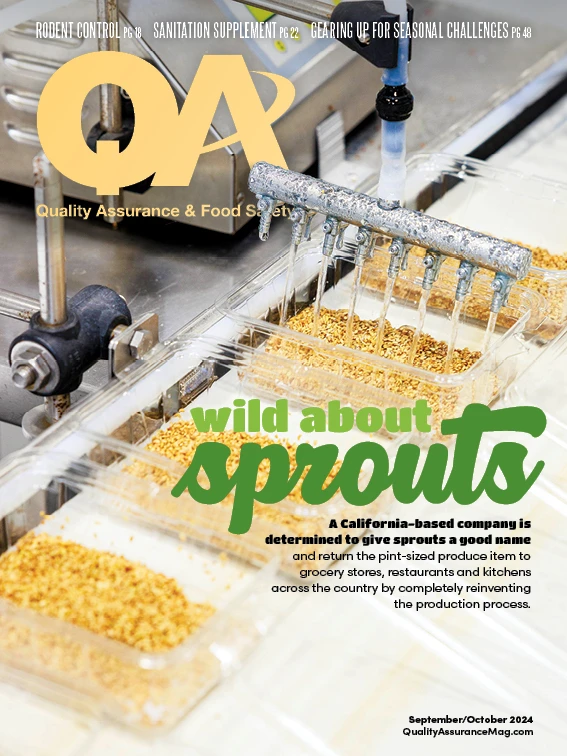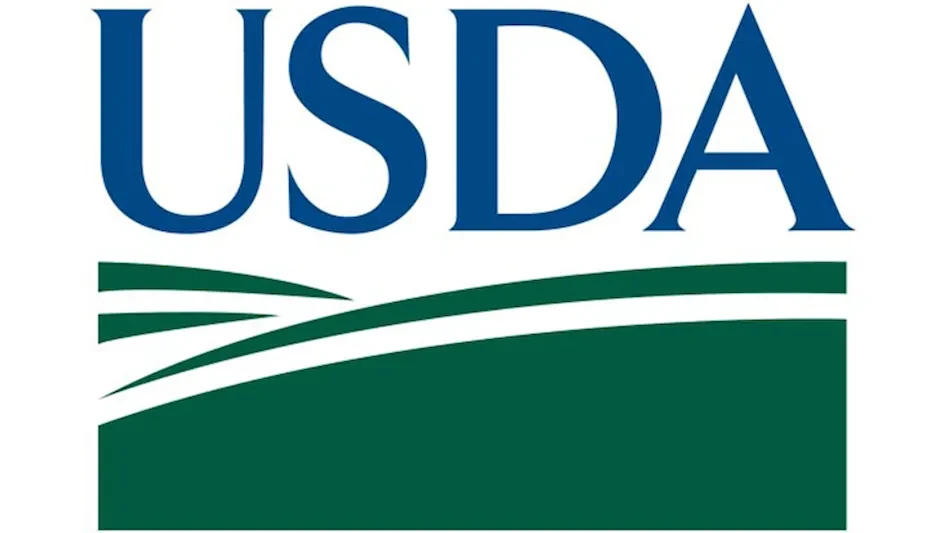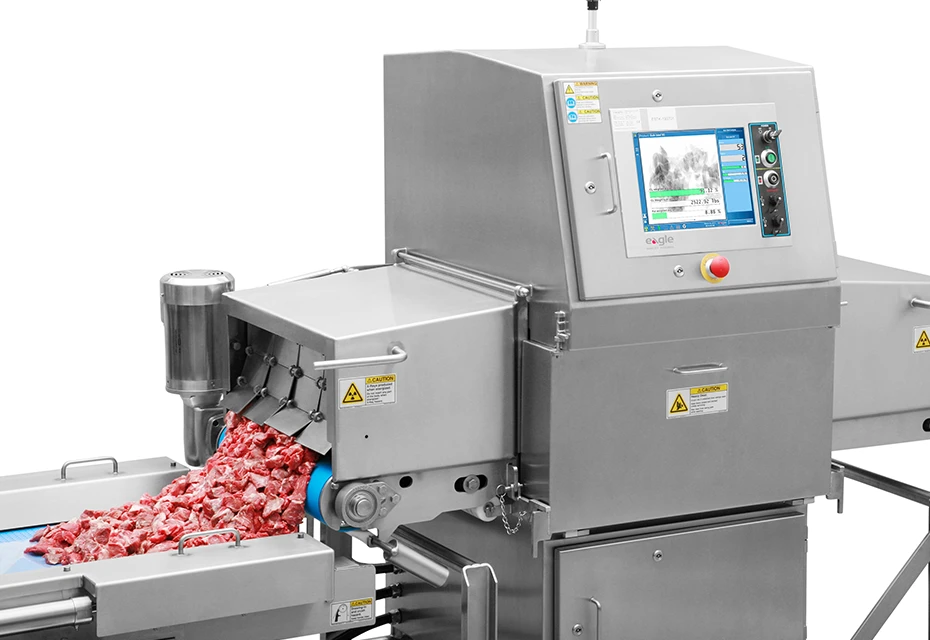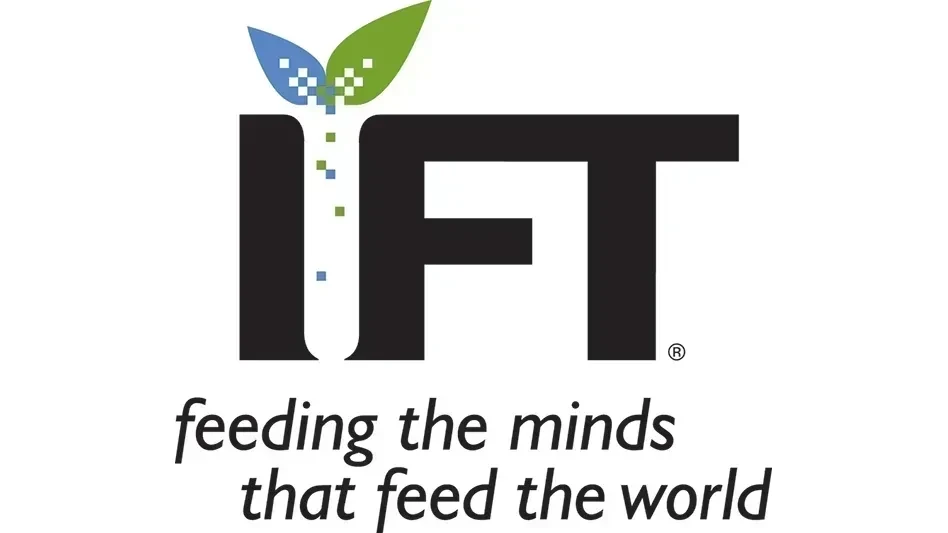
1. Where should automated hygiene be prioritized in your facility?
Prioritizing automated hygiene is essential in areas where employee compliance with handwashing SOPs is crucial for customer safety. Not all employees follow posted hand hygiene SOPs, so ensuring the perfect handwash that removes more than 99.9% of pathogens every time is key in these compliance-driven zones.
2. Why is automated hygiene important outside of hygiene zones?
Improving hygiene outside of the production zone helps ensure that harmful germs aren’t traveling around your facility. Expanding automated hygiene to break rooms and bathrooms helps stop the transmission of germs, especially during cold and flu season, keeping employees healthy and the key areas pathogen-free.
3. What are the biggest obstacles for introducing automated hygiene?
Many facilities also have limited space, so our EVO systems that combine hand and footwear sanitizing into one small footprint help with this. However, automated hygiene equipment does require water lines and drains to operate. That’s why Meritech was excited to introduce the Smixin Pro. This self-contained handwashing station doesn’t need plumbing, making it perfect for bringing handwashing to transition areas.
4. How does automated hygiene impact my company’s sustainability goals?
Many facilities today are prioritizing making their operations more sustainable, with water consumption at the forefront of those efforts. Automated hygiene equipment can help reduce water consumption by providing traceable data on how much water is used per handwash. The new Smixin handwashing systems from Meritech use just 0.18 gallons of water per minute while maintaining a quality, full coverage handwash.
5. How does hygiene automation help with developing food safety culture?
Automated hygiene can play a vital role in enhancing food safety culture. By ensuring everyone follows the same procedures, it reduces human error and increases consistency. Real-time monitoring and reporting add an extra layer of accountability. The presence of automated hygiene technology in the workplace highlights the importance of hygiene and food safety, fostering a culture that values and prioritizes these essential practices.

Explore the Sept/Oct 2024 Issue
Check out more from this issue and find your next story to read.
Latest from Quality Assurance & Food Safety
- Raw Farm Products Recalled Following Bird Flu Virus Detections
- FDA Issues 2024 Voluntary National Retail Food Regulatory Program Standards
- GSA Launches Assurances Platform, Prism and Webinar Series in Partnership with Wholechain
- Multistate E. coli Outbreak Linked to Iceberg and Romaine Lettuce Blend
- FDA, USDA Seek Information About Food Date Labeling
- William Marler, Food Safety Advocate and Lawyer, Condemns Lack of Safety of U.S. Food Supply
- AFDO Infographics Illustrate State-Level Impact of FDA’s Proposed Budget Cuts
- Multistate Outbreak of Salmonella Typhimurium Linked to Cucumbers





